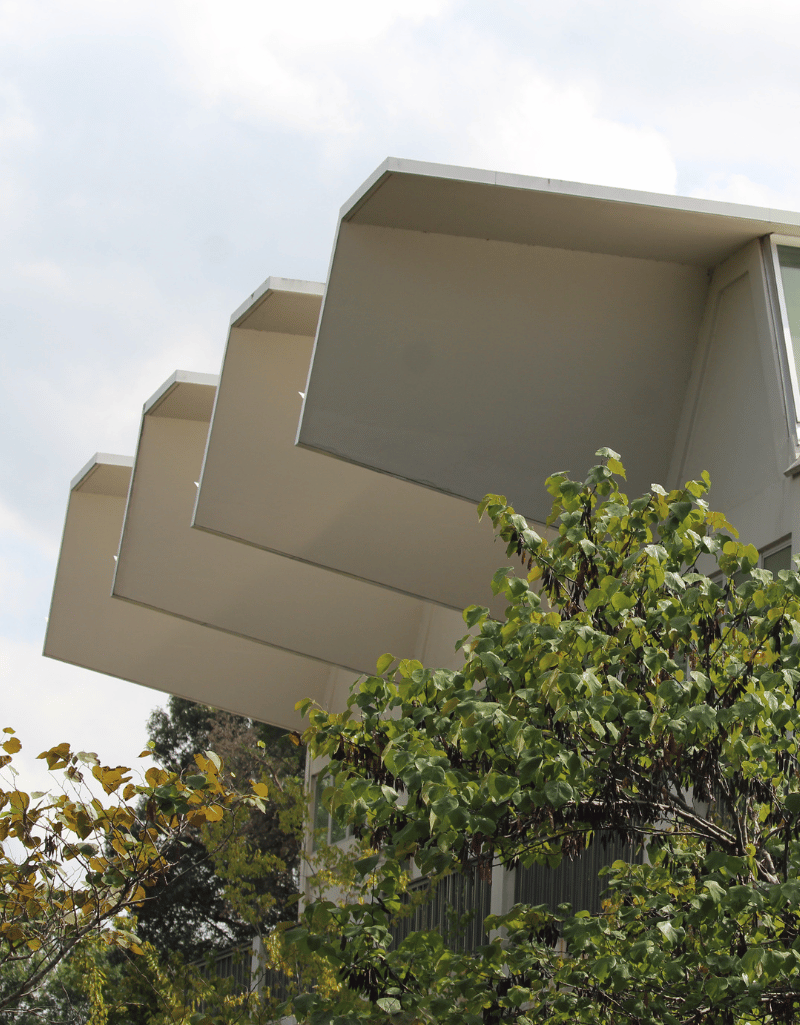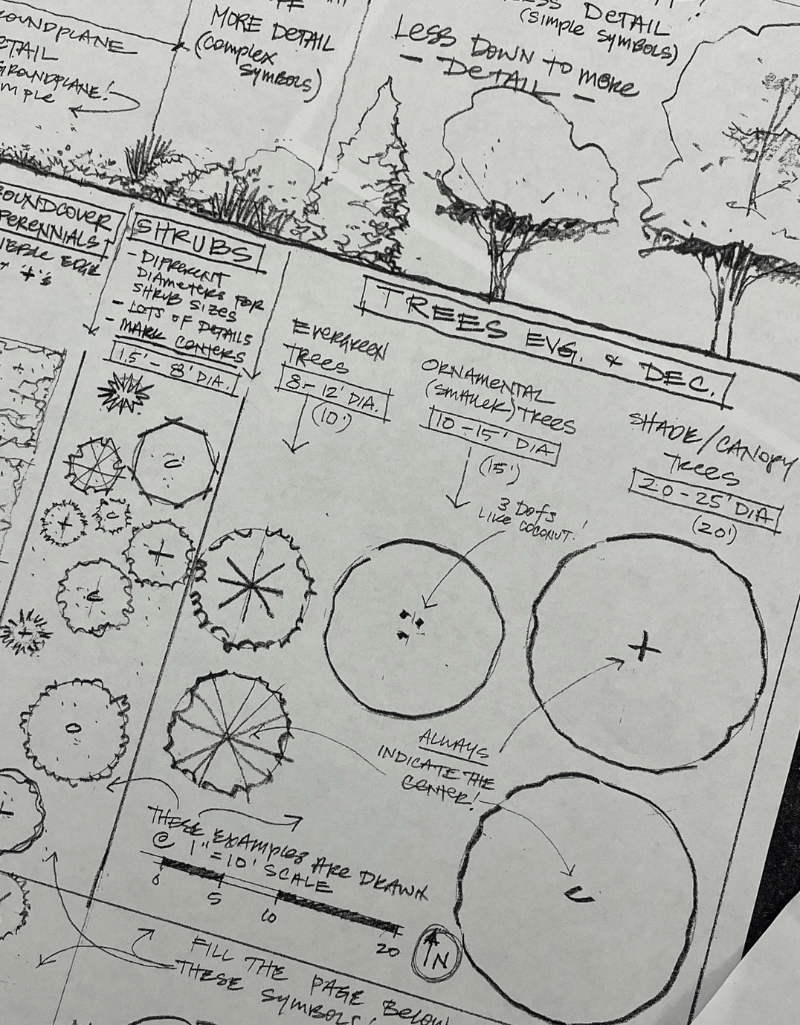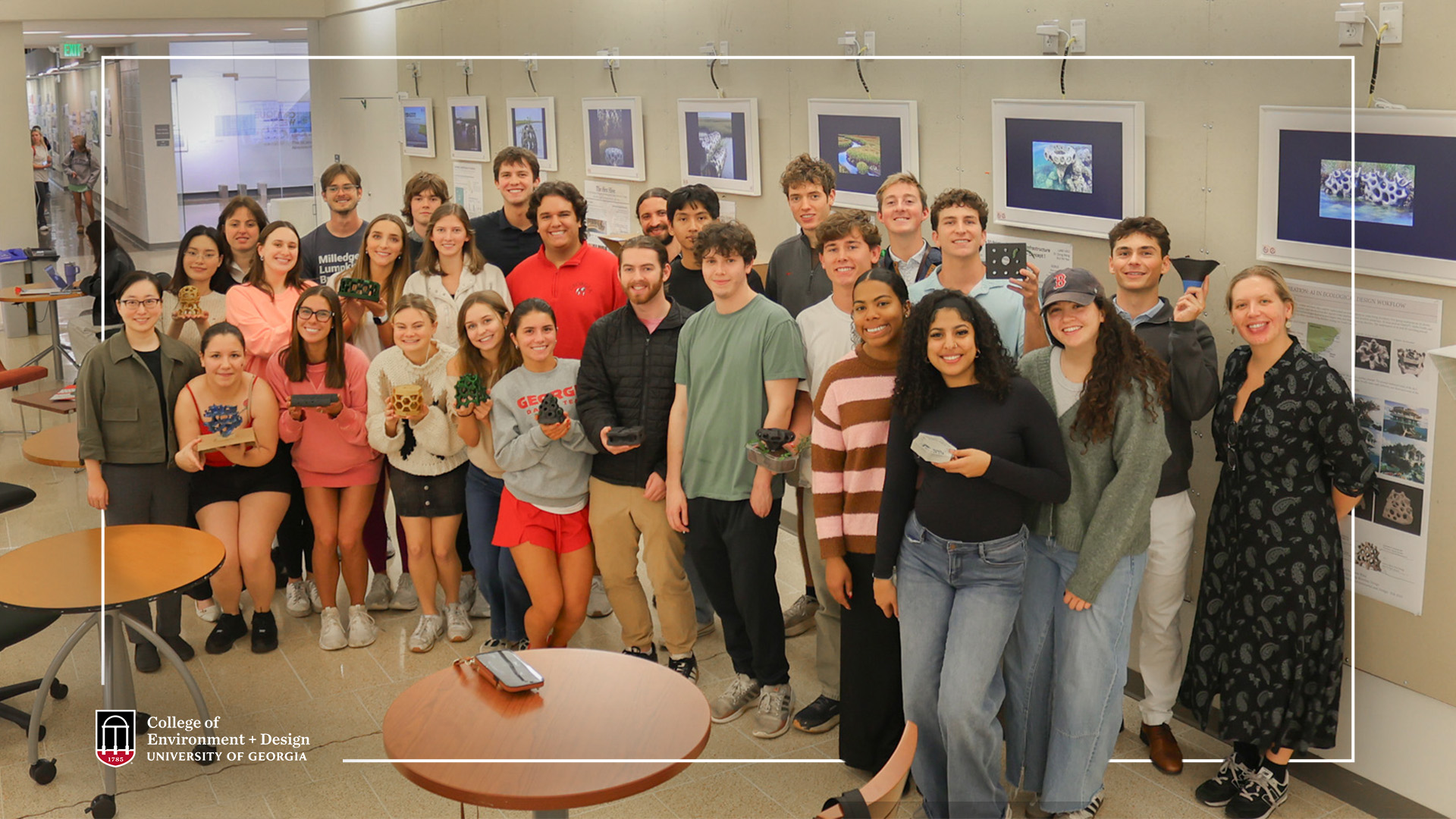Shape the Landscape. Shape the Future.
The Master of Landscape Architecture (MLA) program at the University of Georgia’s College of Environment and Design equips students with a solid foundation in design, technical skills, and hands-on experience essential for success in both public service and private practice. Through immersive service-learning projects, students engage with communities, developing the expertise and values needed to address critical health, safety, and environmental challenges.
Our MLA program also empowers students to explore their unique paths within the profession, whether by advancing as leaders in practice, pursuing academia, or pushing boundaries through scholarly discovery. With a focus on shaping resilient, inspiring spaces, the CED’s MLA program prepares graduates to excel as innovative practitioners, educators, and researchers in the planning, design, and management of the natural and built environment.







